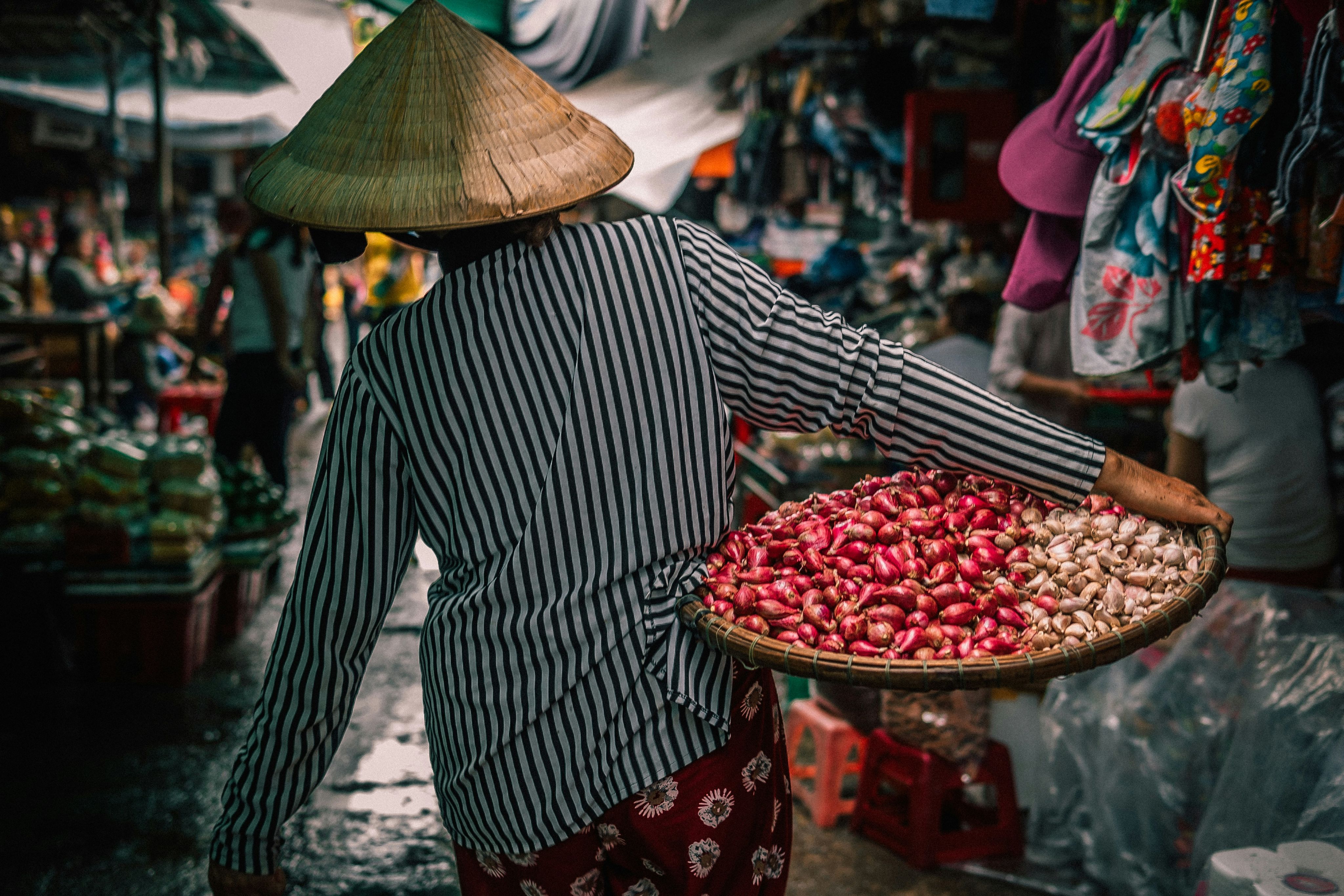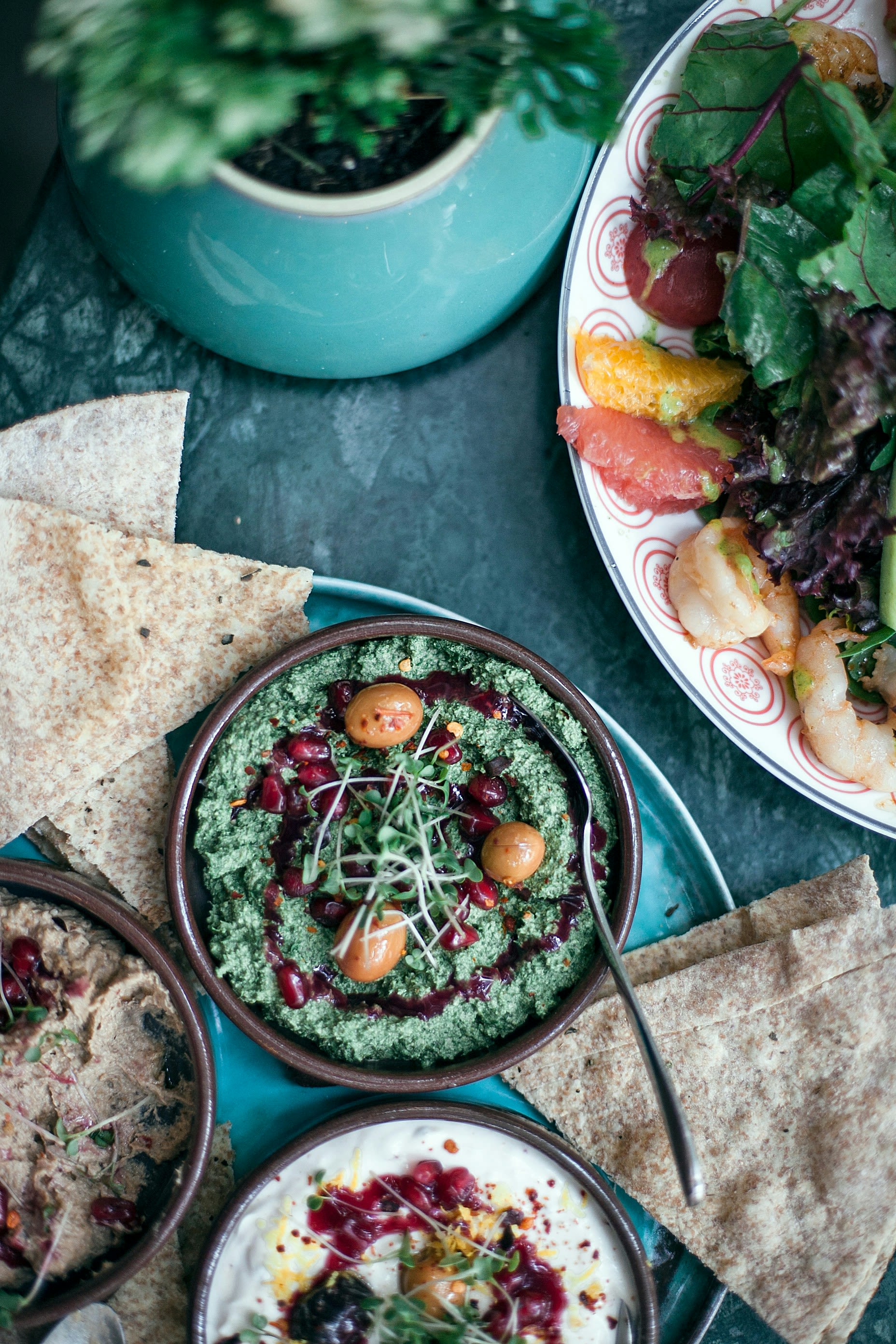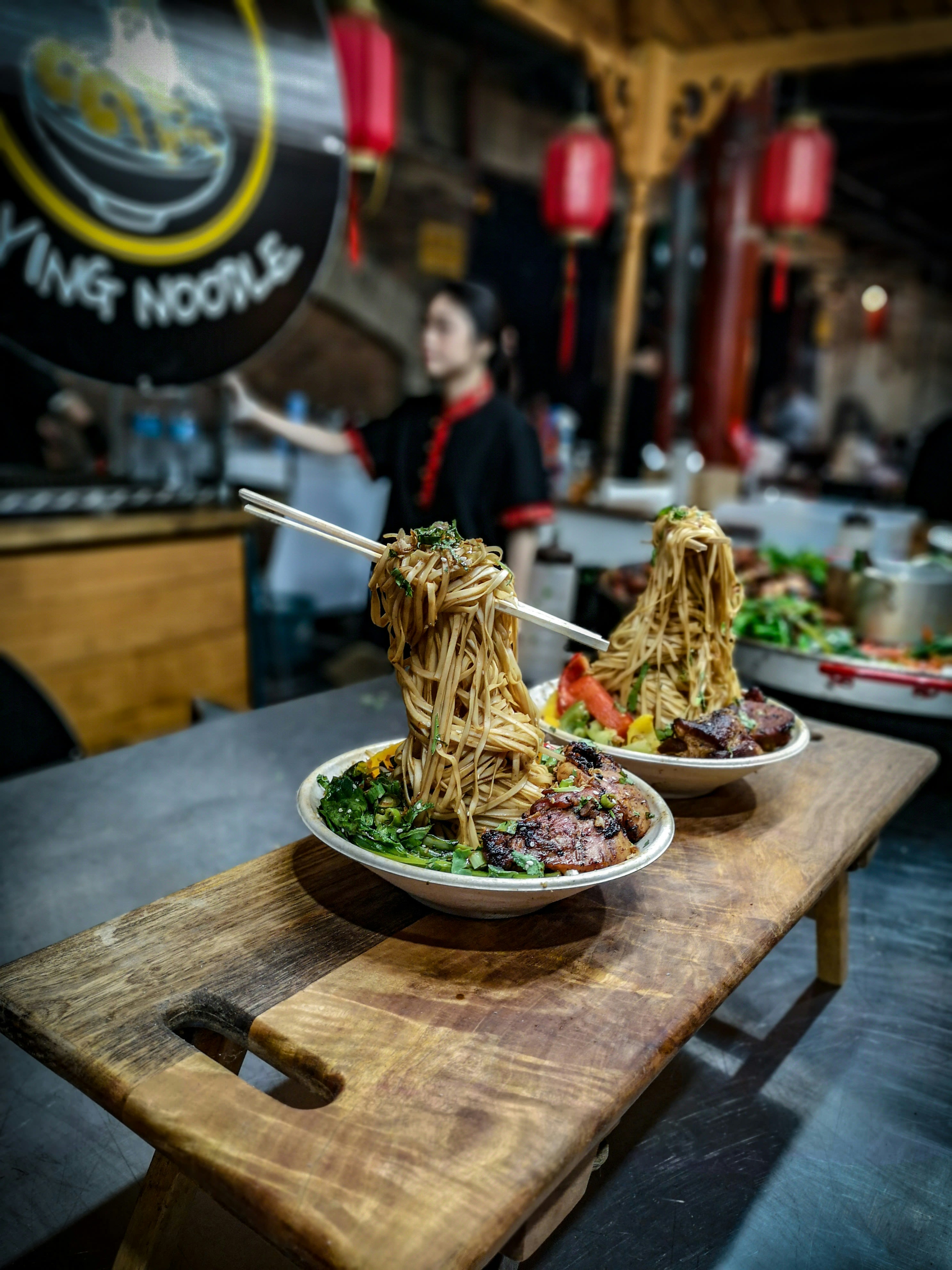The Growing Trend of
Experiential Dining and Food Travel

In today’s world, food is more than just fuel. It’s an adventure. From rooftop farm dinners in New York to night markets in Bangkok, experiential dining and food travel have taken center stage. People are no longer satisfied with just eating a good meal. They want to connect with the story behind the dish, meet the chef and understand the culture that shaped the flavor.
This growing trend is redefining how we experience food. And for aspiring culinary professionals in Malaysia, this shift presents an exciting opportunity. Through innovative programmes like the Diploma in Culinary Arts offered by Reliance College, students can prepare for careers that go far beyond the kitchen, tapping into the booming world of food tourism, immersive dining and culinary storytelling.
What Is Experiential Dining?
Experiential dining is about turning a meal into an experience. It’s when chefs combine food, storytelling, culture and ambiance to create something truly memorable.
Imagine eating a multi-course meal under the stars in a vineyard, with each dish inspired by local ingredients and traditions. Or dining in total darkness, guided only by taste and sound. Or enjoying a meal that’s part theater, where the plating, music and setting all tell a story.
This is the future of dining, and it’s already happening in restaurants around the world.
The Rise of Food Travel: Exploring the World One Bite at a Time
Food travel or culinary tourism, is another big trend. More and more travelers are choosing their destinations based on what, and how, they’ll eat there. According to the World Food Travel Association, food is now one of the top reasons people travel.
People want to:
- Learn how to cook authentic dishes in a local cooking class
- Visit farms, vineyards and food markets
- Take food tours guided by local experts
- Taste street food and traditional meals that reflect a region’s identity
Whether it’s learning to make pasta in Italy, exploring hawker stalls in Malaysia and Singapore, or foraging for herbs in the forests of Japan, food travelers are hungry for cultural connection, not just calories.
Why This Trend Matters for Culinary Students
For students studying culinary arts in Malaysia, this trend opens up a world of exciting possibilities.
At Reliance College, culinary students have the opportunity to graduate with dual credentials from Malaysia and Switzerland. In addition to the Diploma in Culinary Arts, students will earn a Higher Diploma in Culinary Arts awarded by the prestigious Business and Hotel Management School (BHMS), Switzerland. This programme covers international cuisines, food presentation, hospitality and even entrepreneurship, skills that are essential for anyone looking to enter the world of experiential dining and food tourism.
Culinary Arts graduates can pursue careers as:
- Food tour curators
- Experience-based restaurateurs
- Travel and food content creators
- Culinary event planners
- Private chefs offering immersive dining
The possibilities are endless, and global.
How Reliance College Prepares Students for This Future
What sets Reliance College apart is its hands-on, industry-relevant approach. Students will learn in real kitchen environments and gain exposure to real-world food events and hospitality standards.
Here are a few ways the college prepares students for careers in food travel and experiential dining:
1. Global Cuisine Training
The course includes modules that explore international cooking styles, helping students understand how to blend culture with flavor.
2. Event Planning and Hospitality
Students get experience organising and executing culinary events, valuable for those looking to work in food tourism or run pop-up dining experiences.
3. Community-Based Learning
Through community service projects and collaborations, students learn how to connect food with culture and people, key elements in both experiential dining and culinary travel.
4. Exposure to Industry Trends
Guest lectures, internships and workshops help students stay updated with global culinary trends like farm-to-table, zero-waste dining and immersive storytelling.
Malaysia’s Role in the Food Travel Scene
Malaysia itself is a top destination for food travelers. From nasi lemak and laksa, to durian and roti canai, the country offers a rich blend of Malay, Chinese, Indian and Indigenous culinary influences.
Cities like Penang, Kuala Lumpur and Ipoh have become global foodie hotspots and there’s growing demand for local chefs who can guide visitors through Malaysia’s vibrant food scene. This means that culinary students here have an edge. They’re training in a country that’s already on the global food map.
By tapping into this trend, they can become ambassadors of Malaysian cuisine, offering cooking classes, market tours or pop-up dining events that attract both locals and tourists.
The world of food is changing. Experiential dining and food travel are no longer niche. They’re the future. People crave connection, storytelling and authenticity with every bite.
For young Malaysians passionate about food, this is the perfect time to dive in. Through the Reliance Diploma in Culinary Arts, students can gain the skills they need to not only cook well, but to craft experiences that leave a lasting impression.
Food is no longer just something we eat. It’s how we explore, feel and remember. With the right education and creativity, culinary professionals can lead the way in making those experiences unforgettable.
References
World Food Travel Association. “2023 Food Tourism Trends.” www.worldfoodtravel.org
Reliance College. Diploma in Culinary Arts Course Modules. https://www.reliance.edu.my/courses/diploma-in-culinary-arts/
BAC Education. Industry Relevant Curriculum. https://www.bac.edu.my/bac/industry-relevant-curriculum/
The Guardian. “Why We Travel for Food.” https://www.theguardian.com
Lonely Planet. “Top Culinary Experiences Around the World.” www.lonelyplanet.com



